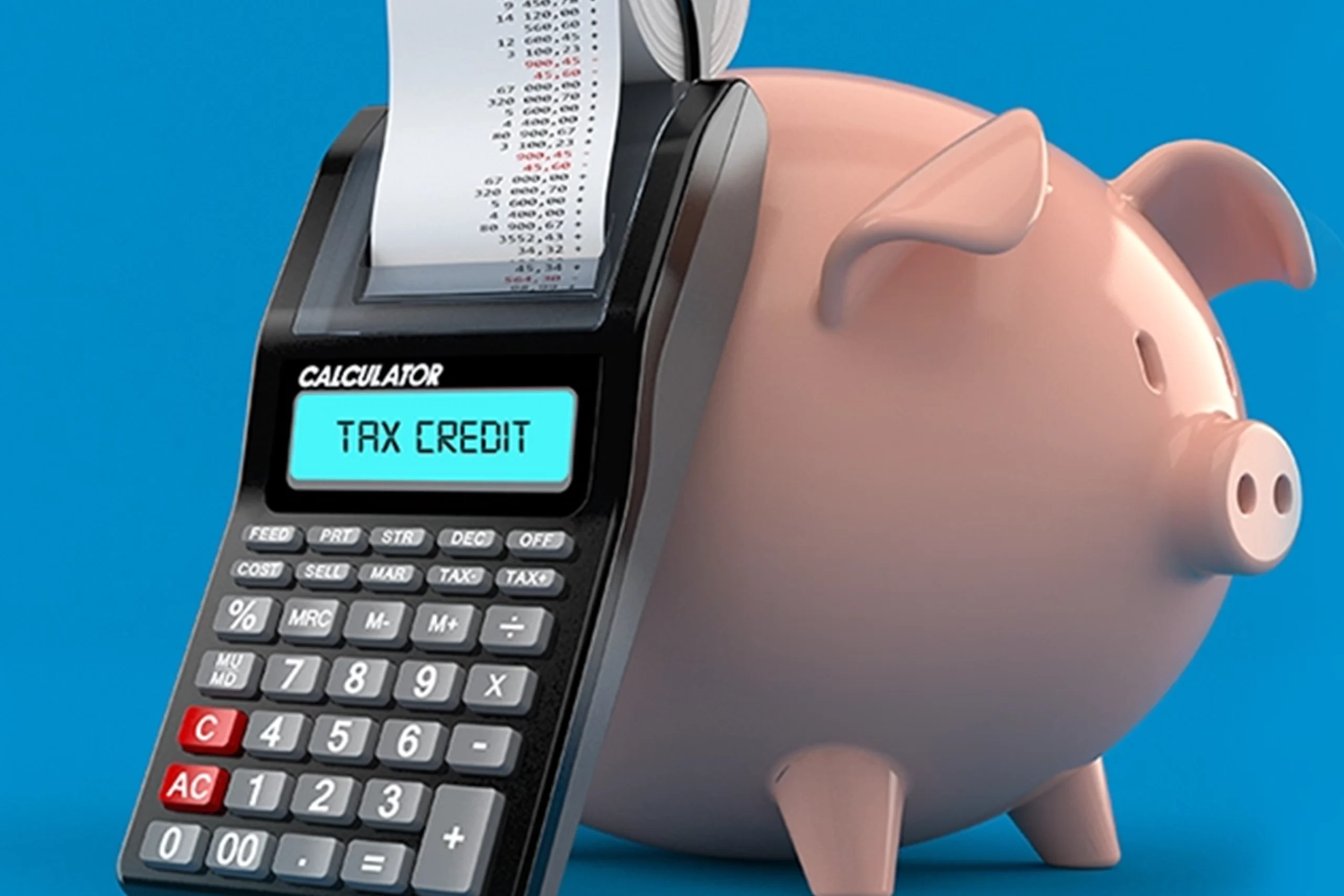Disability Tax Credit
The disability tax credit (DTC) is a non-refundable tax credit that helps persons with disabilities or their supporting persons reduce the amount of income tax they may have to pay.

What is the Disability tax credit?
The disability tax credit (DTC) is a non-refundable tax credit that helps persons with disabilities or their supporting persons reduce the amount of income tax they may have to pay. An individual may claim the disability amount once they are eligible for the DTC. This amount includes a supplement for persons under 18 years of age at the end of the year.
The purpose of the DTC is to provide for greater tax equity by allowing some relief for disability costs, since these are unavoidable additional expenses that other taxpayers don’t have to face.
Being eligible for the DTC can open the door to other federal, provincial, or territorial programs such as the registered disability savings plan, the Canada workers benefit, and the child disability benefit.
As of June 24, 2022 all Canadians living with type 1 diabetes automatically qualify for the DTC. Learn more about Breakthrough T1D‘s advocacy efforts since 2017 that helped to make this a reality: breakthroughT1D.ca/news/all-canadians-with-type-1-diabetes-will-qualify-for-the-federal-disability-tax-credit/
Impact of this change:
Total estimated dollars back in the pockets of the Canadian T1D community: $470M
“As someone who has had a spouse living with T1D for over 45 years, having received and then been denied the DTC at least twice, and having to deal with doctors over the years who refused to sign his application…..this is such good news for everyone.” – Anne
“I know how many years it took me to get it and I had other underlying conditions as well. So happy that people don’t have to fight for another thing when they’re fighting to live every day.” – Sonia
“Finally, with Humalog and Lantus not being covered in BC anymore, we needed this as people with type 1 diabetes.” – Vandy
Accessing the disability tax credit
Parents of children with T1D, spouses or common-law partners of people living with T1D, and individuals over the age of 18 with T1D can apply.
To qualify for the DTC a medical practitioner (endocrinologist, family doctor or nurse) must complete Form T2201, Disability Tax Credit Certificate certifying that you have insulin-dependent type 1 diabetes.
The new requirements will apply to the 2021 tax year and onwards – it is not retroactive to years prior.
Learn more about how to access the DTC here: https://www.canada.ca/en/revenue-agency/services/tax/individuals/segments/tax-credits-deductions-persons-disabilities/disability-tax-credit.html
Further information on the DTC
Background
On June 23, 2022, Bill C-19 received royal assent in Parliament and enacted a change to the Income Tax Act in relation to the Disability Tax Credit (DTC).
The change allows any individual who is diagnosed with type 1 diabetes (T1D) to automatically qualify for the DTC. Individuals no longer need to provide a list of their activities, including documented average number of hours spent per week, but will now be automatically considered to have met the criteria for life-sustaining therapy, thereby making them eligible for the DTC.
How to Apply
Individuals with T1D are still required to submit an application and will need to work with their medical practitioner to complete form T2201 – Disability Tax Credit Certificate, including the section on life-sustaining therapy. This paper form has been updated to reflect the new change with the inclusion of the following note: ‘If the life-sustaining therapy indicated is for type 1 diabetes and you are filing this form for 2021 or later years only, you may skip to question 6. Individuals in this case are deemed to have met the criteria for life-sustaining therapy’.
The online form will be updated by Fall, 2022. Further information can be found by visiting canada.ca/disability-tax-credit or by calling 1-800-959-8281. To receive form T2201 – Disability Tax Credit Certificate, please visit canada.ca/en/revenue-agency/services/forms-publications/forms/t2201.html or call the same toll-free number: 1-800-959-8281.
Key Notes
Patients with T1D will still need to get a medical practitioner to sign off and confirm they have a type 1 diabetes diagnosis.
- With this new change, medical practitioners for patients with T1D will no longer need to:
- List the eligible activities the patient or another person dedicates time to administering the life-sustaining therapy
- Provide the minimum number of times per week the patient needs to receive the life-sustaining therapy
- Provide the average number of hours per week the patient or another person needs to dedicate to activities to administer the life-sustaining therapy
- The DTC for individuals with T1D is applicable to the 2021 year and onwards – it is not retroactive to prior years.
- Individuals may apply for the DTC at any time during the year. Even if a tax return has already been filed tax return or the applicant was previously denied the DTC prior to this this change, individuals should still consider applying.
Click here for a downloadable version of this information on the disability tax credit.
Questions? Contact us at advocacy@breakthroughT1D.ca
